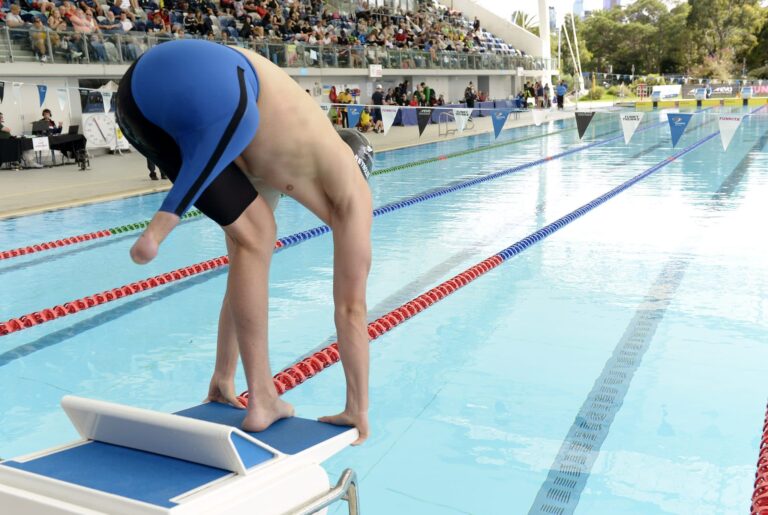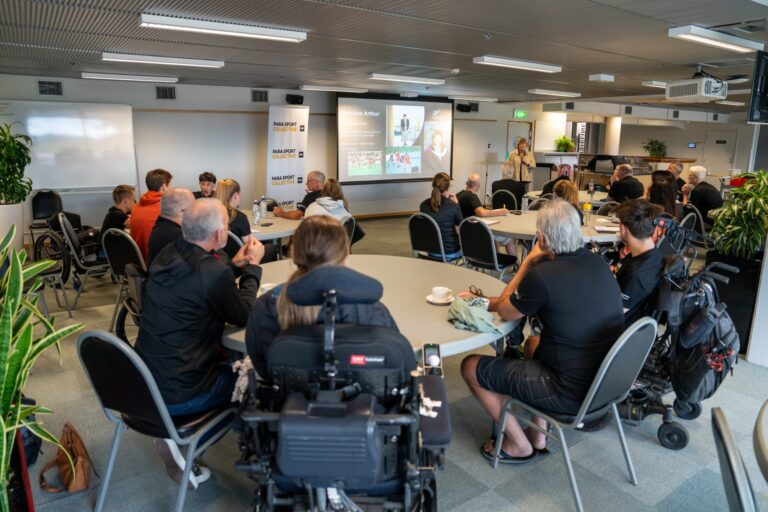New research published by Sport New Zealand shows that New Zealand’s sports coverage for the Olympics was 62%, whilst the Paralympics received 19% of sports coverage during their respective periods of Tokyo 2020.
The research is available on the Sport NZ website at https://sportnz.org.nz/media/4729/the-tokyo-effect-december-2021.pdf (824KB). It is part of a broader Sport NZ – Isentia study of gender balance in sports coverage and sports reporting.
Paralympics New Zealand Chief Executive Fiona Allan feels it’s an imbalance which needs to change.
“We’ve seen how coverage of the Paralympics and Para sport in general has grown in both quality and quantity over the years. We applaud the reporters and producers who have applied their skills to make sure that reporting of Para sport is genuine and authentic. Thought-provoking reporting about Para sport and Para athletes is helping make New Zealand diverse and fully inclusive.”
“But this study shows us that we still have a way to go to before equity is reached. There is a great opportunity here for media outlets to see where they are at, and where they still have work to do to provide equitable coverage in terms of both gender and disability.“
“Valuable and revealing”
Paralympian #166 Sophie Pascoe has won more medals than any other NZ Paralympian or Olympian ever, with a total of 19 medals. The study counted 73 stories relating to Pascoe, who won four medals in the Tokyo 2020 Paralympic Games. Pascoe says this new research has a valuable message for New Zealand.
“This is a valuable and revealing study. All New Zealanders have the right to equal access to sport. If the media don’t share the stories of our successes, how are we going to help inspire the next generation of disabled and non-disabled New Zealanders through our performances?
“All New Zealanders deserve to hear the stories of the New Zealand Paralympians who represent them on the world stage. They should have the opportunity to be proud of Kiwis winning internationally and our nation succeeding on the world stage.“
Key points from the research
- The study is one of the most comprehensive of its kind worldwide, sampling a randomly selected third of all sports coverage.
- Both Olympics (2.5x) and Paralympics (1.7x) had the effect of increasing the percentage of female sports coverage versus the Jan-Jun period, reflecting the gender balance of the respective teams.
- The Tokyo 2020 Olympics commanded 62% of sports coverage while the Paralympics commanded 19% of sports coverage while on.
- Paralympic coverage was more likely than Olympic coverage to be about medallists (54% of all Paralympics coverage, vs 35% of Olympics coverage).
- No coverage was observed which framed female athletes in a problematic or misogynistic way.
- Paralympians are more likely than Olympians to be portrayed by media as ‘punching above their weight’ and less likely than Olympians to be portrayed as ‘talented’.



























